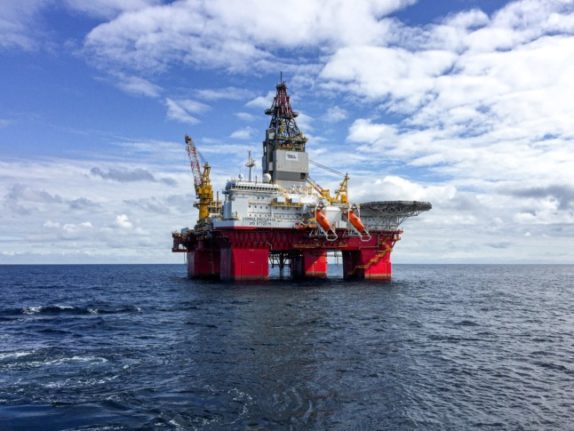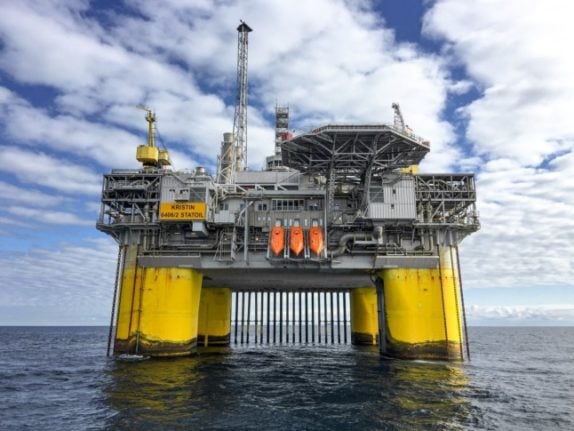The fund will divest its holdings in the companies “due to unacceptable risk that the companies contribute to systematic violations of individuals’ rights in situations or war or conflict”, Norway’s central bank said in a statement late Wednesday.
The companies are Shapir Engineering and Industry, a home builder, and Mivne Real Estate, which rents industrial premises in the Palestinian territory occupied by Israel, Norway’s central bank said in a statement late Wednesday.
Over 465,000 Israeli settlers now live in settlements in the West Bank –three times more than when the Oslo peace accords between Israel and the Palestinians were signed in the 1990s.
READ MORE: Norway taps oil wealth to cushion Covid impact
The fund, which has nearly 1.1 trillion euros ($1.3 trillion) in assets and is managed by the central bank, also added a Japanese women’s clothing and accessories maker to its blacklist over worries of human rights abuses.
The fund’s ethics committee recommended the fund exclude Honeys Holdings after investigations found “numerous labour rights violations” at two factories that the company owns in Myanmar.
In practice the exclusions mean the fund has sold its stakes in the three companies and will not reinvest in them as long as the activities continue.
The fund, which holds equity stakes in some 8,800 companies worldwide, is governed by a set of ethical rules that prohibit it from investing in companies guilty of serious human rights violations, those that manufacture nuclear weapons, or produce coal or tobacco.



 Please whitelist us to continue reading.
Please whitelist us to continue reading.
Member comments